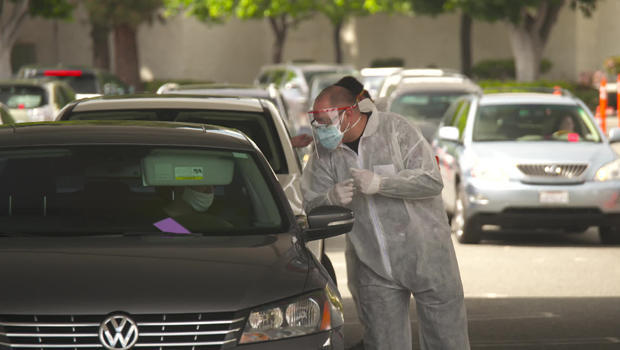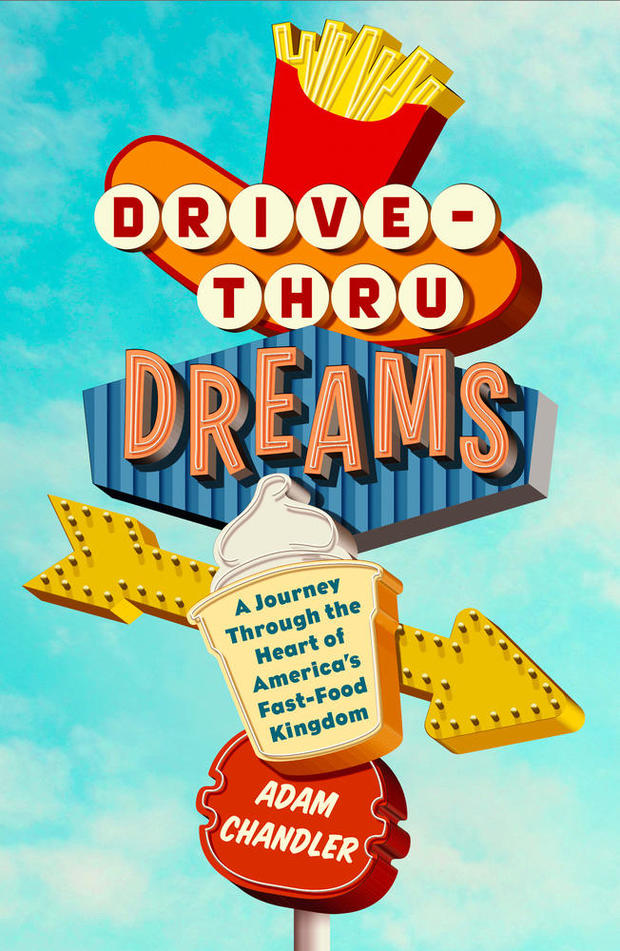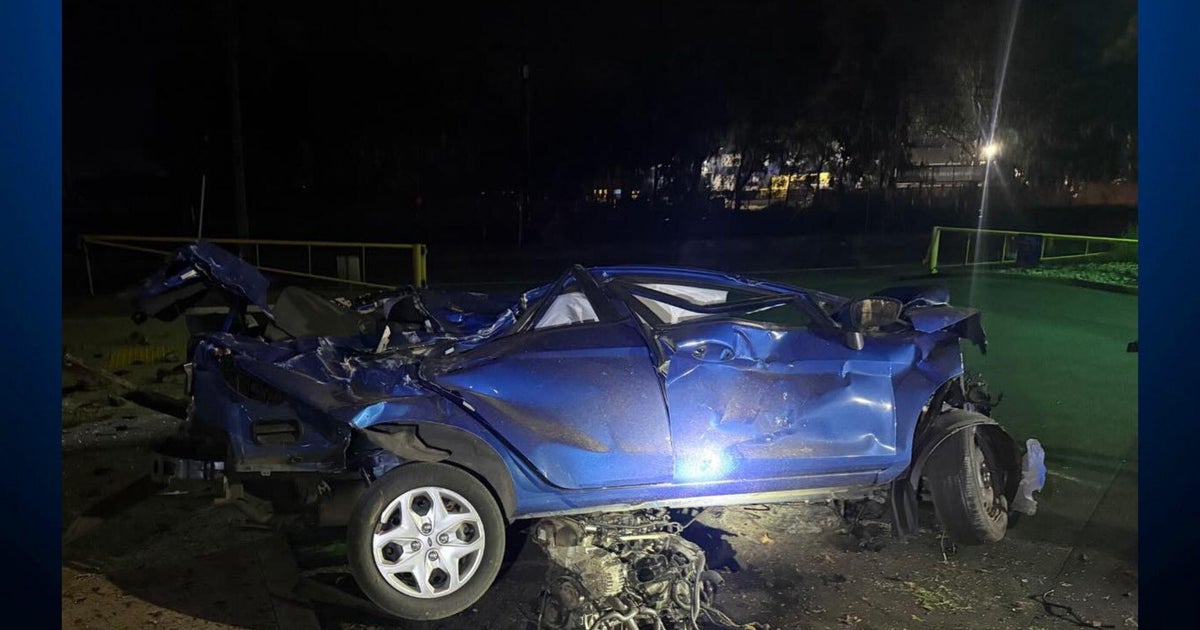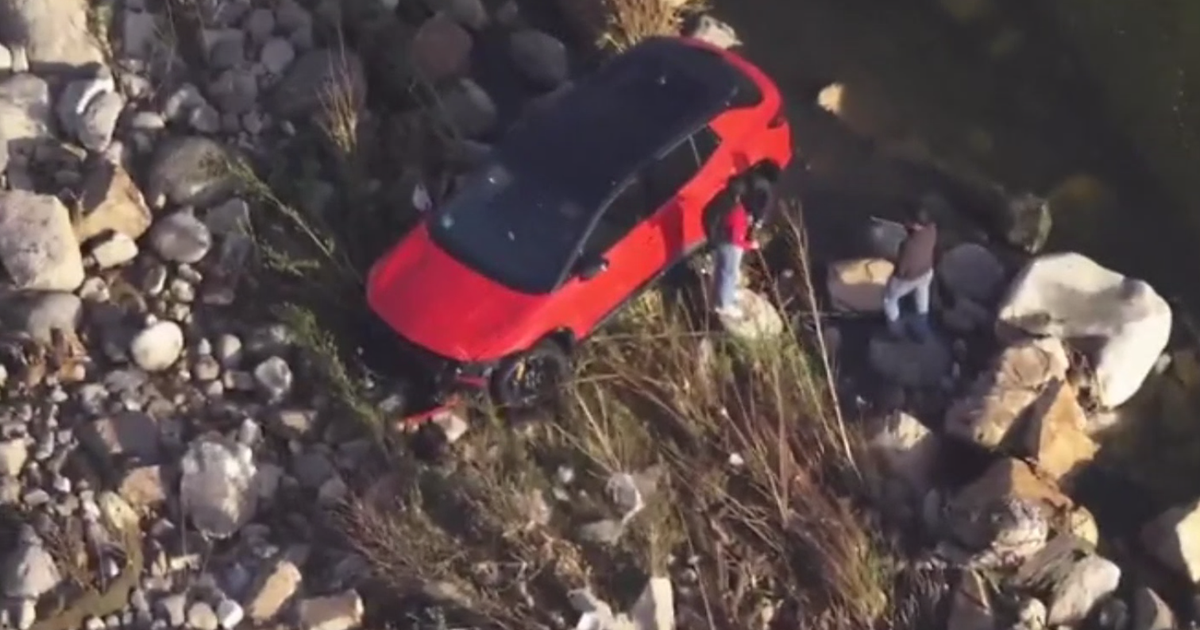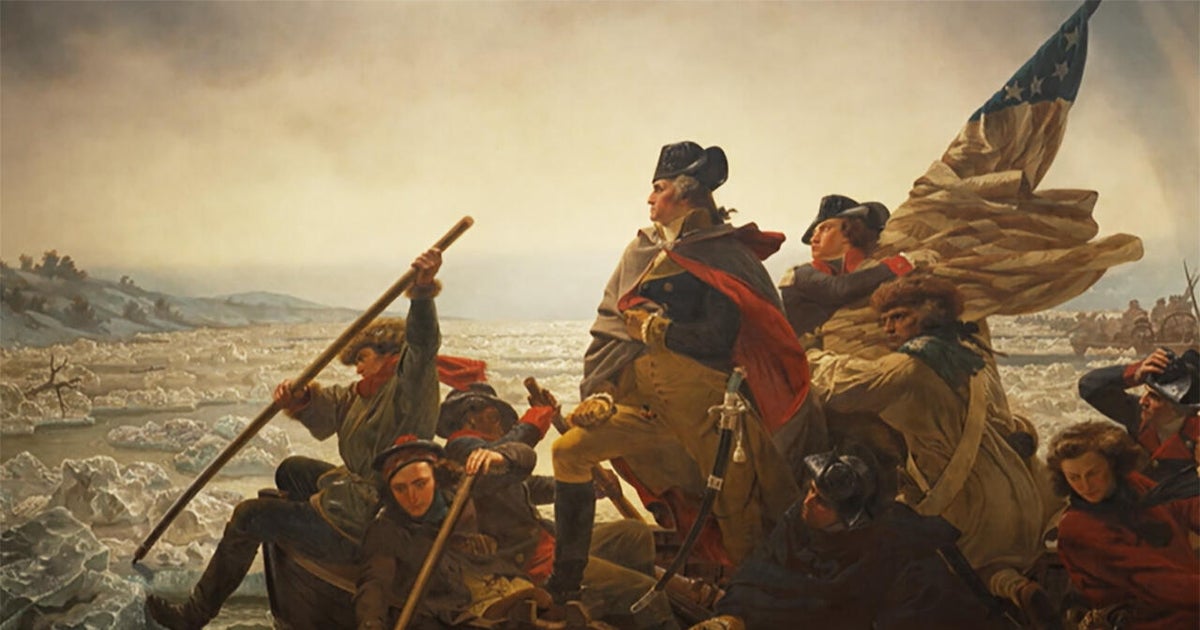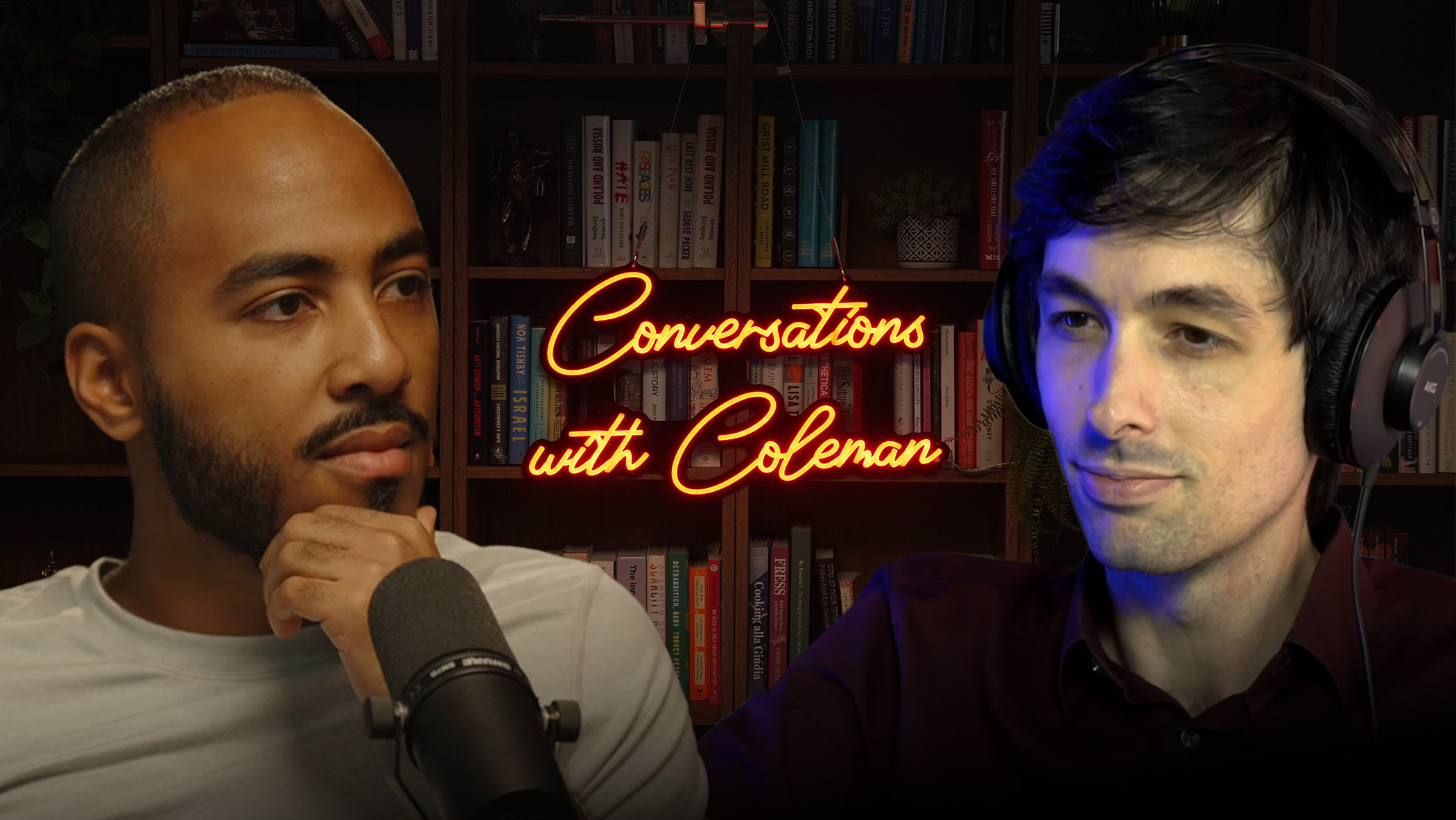Drive-thru diagnostics: How car culture facilitates COVID-19 testing
All over the country, parking lots have become drive-thru doctors' offices, and every car is a little waiting room. And the key word is "waiting."
In California, drivers spend as much as six hours in line to get to a big tent, where they crack open their car window just enough for a nasal swab or a needle stick, and then drive off to wait some more for the results.
The process is slow, but there's no better way, says Dr. Matthew Abinante.
In his opinion, a drive-thru is the only answer to coronavirus testing: "Hospitals are overwhelmed. Urgent cares are overwhelmed. Doctors' offices are overwhelmed. They're trying to develop home kits, but it's just not fast enough. A drive-thru, fast food-style setup is just the way we probably have to go."
It seems that now, the drive-thru – that symbol of American excess (and maybe even laziness) – is finally getting a little respect. These days, when you have to wear a mask just to go out in public, a drive-thru testing facility seems to make a lot of sense. And that's especially true of this country, where you can drive-thru to get just about anything.
In 1996, our dear friend Bill Geist found drive-thru weddings, drive-thru funerals and so much more. "Today Americans want it all, they want it now, and they don't want to get out of their cars to get it," Geist said, as he pulled up to a drive-thru bar to order a kamikaze.
It seems that there's no business that can't be done out of a drive-up window.
"I've seen drive-thru confessions for churches, drive-thru animal adoption centers; everyone is kind of adopting this model to make businesses go," said Adam Chandler, the author of "Drive-Thru Dreams: A Journey Through the Heart of America's Fast-Food Kingdom" (Flatiron Books). "It doesn't exist as a culture – drive-thrus and fast food –the way it does here anywhere else in the world."
"The drive-thru is uniquely American?' asked correspondent Tracy Smith.
"Yes. It exists in other places, but not with the same special flavor, I guess."
And that flavor sells: Fast-food restaurants take in about 70 percent of their income through that little window in the wall. And now, the pandemic has made it the only game in town.
Chandler said, "Drive-thrus are how hospital workers and truckers and families are getting fed right now. And so, it's actually how the country's continuing to move. And that's important to note."
But whether you're selling burgers or booze or band-aids, working a drive-thru is a tough business, especially when the cars won't stop coming, as is the case at Dr. Abinante's drive-thru testing site.
Amith asked, "What has this been like for you?"
"This has been really hard for me," he replied. "My family has moved out. And I have four kids. They moved to my in-laws'. And I get to see 'em tomorrow, which is really exciting."
"You are on the frontlines, so, you felt like you had to isolate yourself essentially?"
"I felt like that was best, and my wife also; she was very worried about the disease," Abinante said. "My family motivates me. And when I think about the world being locked up and me away from my family, it's isolating. You feel alone."
But for now, it seems the best way forward may be to stay isolated, and just drive through.
Smith asked, "Is this, in some cases, a matter of life and death?"
"In some ways, yes," Abinante replied. "If we prevent one case, then we can prevent three from that person, and three from that person – it's exponential. And so, I do feel like we're able to make a huge difference and save lives."
For more info:
- Dr. Matthew Abinante, Elevated Health, Huntington Beach, Calif. | COVID-19 Testing
- "Drive-Thru Dreams: A Journey Through the Heart of America's Fast-Food Kingdom" by Adam Chandler (Flatiron Books), in Hardcover, Trade Paperback, eBook and Audio formats, available via Amazon
Story produced by John D'Amelio. Editor: George Whipple.
